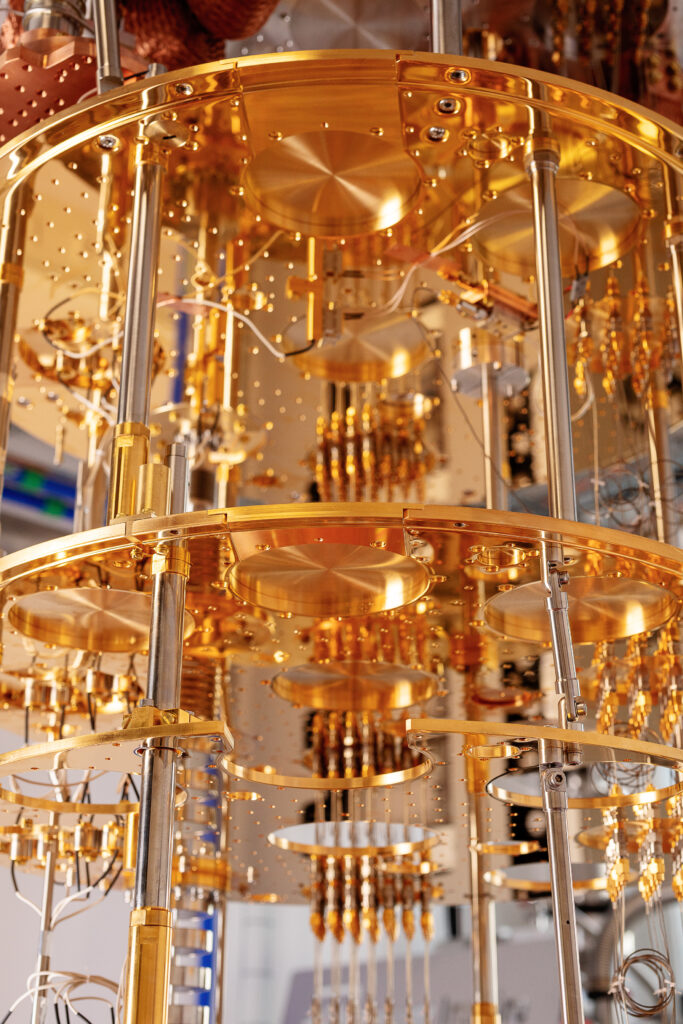Videos of the performance are now available
Added after the event – A short documentary of the concert announced below, as well
as a full registration, are now available on YouTube.
Quantum Computer Music: A Natural Progression
In the 20th century, avant-garde composers like Karlheinz Stockhausen, Pierre Boulez, and Kid Baltan in The Netherlands, changed the face of music through electronic technologies and experiments with rule-based models and open forms. With the advent of digital computers these methods became mainstream. Now, the music of the 21st century is changing through AI and new types of computers, most notably, quantum computers.
Quantum computing processes information in fundamentally different and potentially more powerful ways than classical digital computers. This new technology is opening new and exciting opportunities for creative practices, including music. The upcoming Delft performance by Eduardo Reck Miranda at QCIP on the 17th of October is a testament of how composers have already started exploring quantum computing technology to create music.
The performance
The performance will feature two experimental compositions, preceded by an introductory keynote by the composer. The keynote will briefly introduce the emerging field of Quantum Computer Music. It will present quantum computing, highlighting its main differences from classical computing, and discuss how musicians are beginning to create music with it.
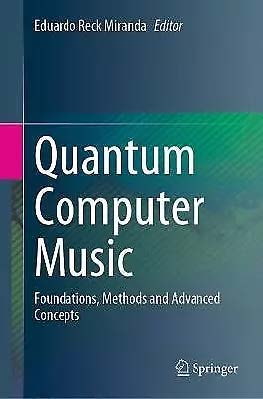
Figure 1: The key note will introduce the burgeoning field of quantum computer music.
The first composition is entitled Zeno 2.0. This a 15-minute piece for alto flute, bass clarinet, and electronics, performed by Carla Rees on the alto flute, Fie Schouten on the bass clarinet, and the composer operating the software.
Zeno 2.0 uses generative quantum AI algorithms. The QuPoly program, developed with a team at the University of Plymouth’s Interdisciplinary Centre for Computer Music Research, listens to the flute and the clarinet and uses quantum mechanics to produce musical responses during the performance (Figure 2). The performance involves live interaction with a quantum computer.
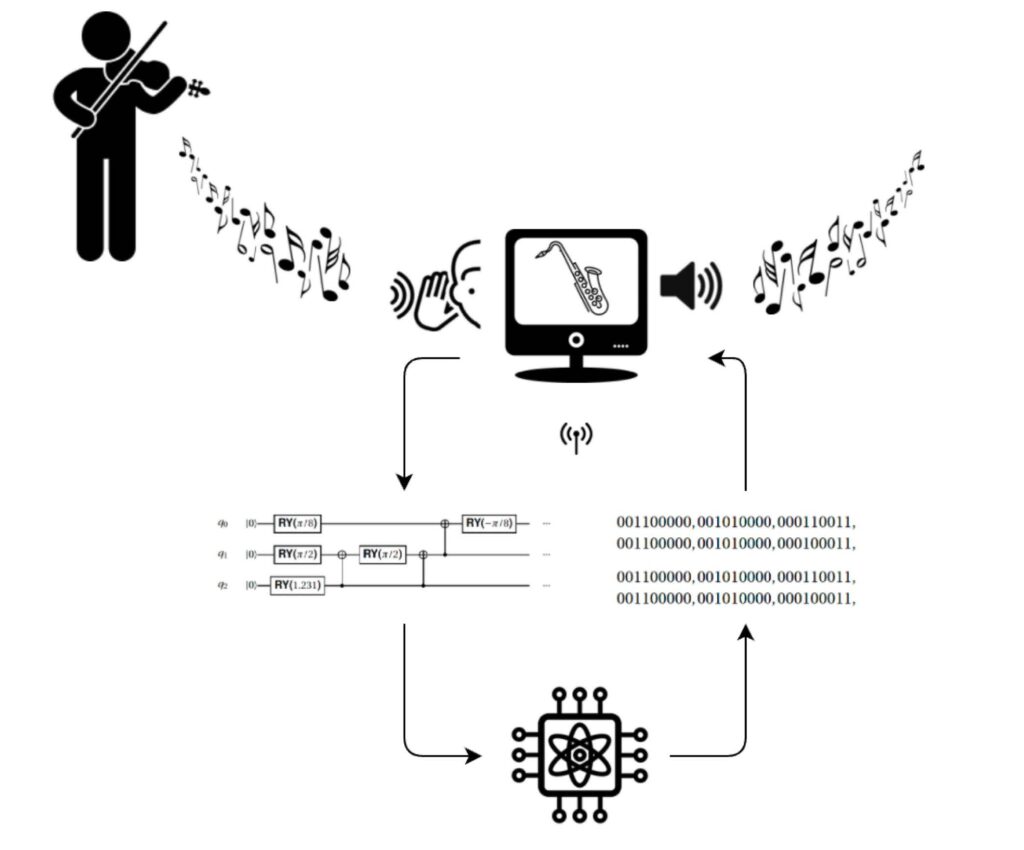
Figure 2: In the music composition Zeno 2.0, quantum AI listens to musicians and produces responses during the performance.
The second composition, entitled Kwantumwerk is a new electronic music piece, which will be created especially for the QCIP event. This piece lasts for 10 minutes. It will use a quantum-inspired musical instrument called Q1Synth, also developed by the composer at the University of Plymouth. Q1Synth renders sound from quantum state preparation and measurements (Figure 3).
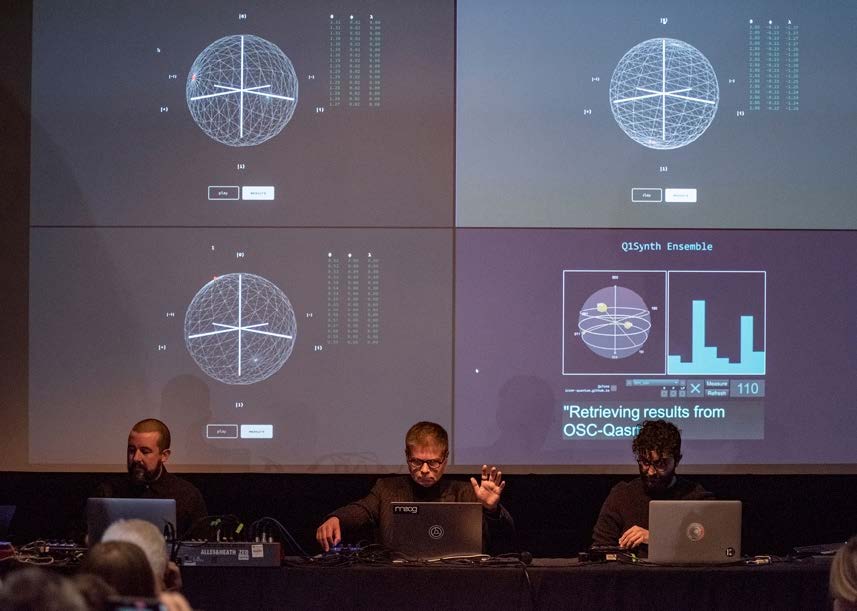
Figure 3: Q1Synth is a musical instrument that renders sounds from quantum state preparation and measurements.
About Eduardo Miranda
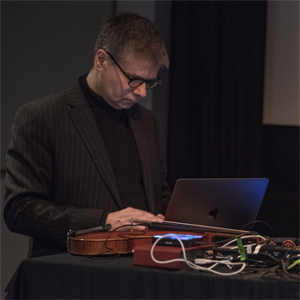
Eduardo Miranda
Eduardo Reck Miranda is a classically trained composer and computer scientist. He has composed for renowned ensembles such as the BBC Concert Orchestra, Scottish Chamber Orchestra and London Sinfonietta. His opera, Lampedusa, was premiered by BBC Singers in 2019. As an academic researcher, he published over 100 research papers in learned journals and 16 books.
He is a Professor of Computer Music at the University of Plymouth, UK, and works with Moth, a quantum technology company building the next era of music, gaming, and the arts. Eduardo is world-renowned for his groundbreaking work in AI and music. He is a pioneer of quantum computing with a focus on creativity and music composition.
